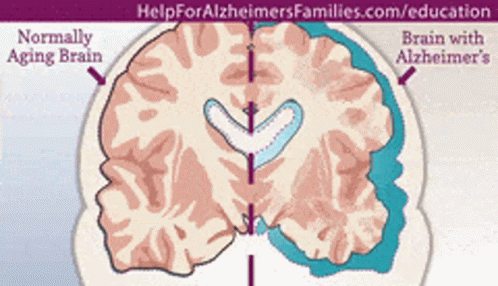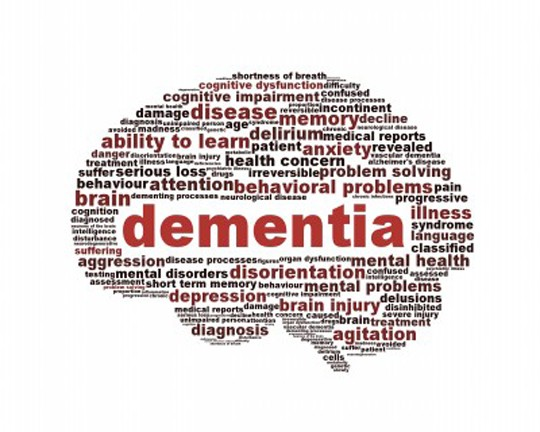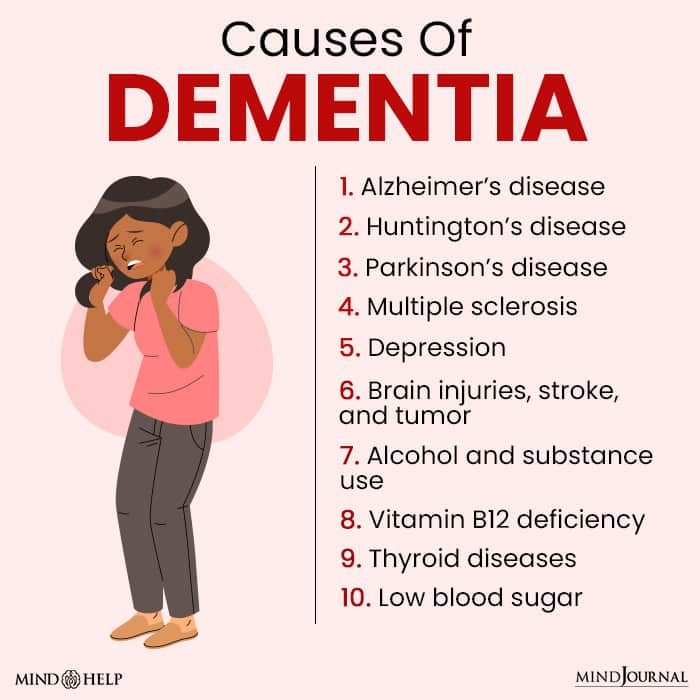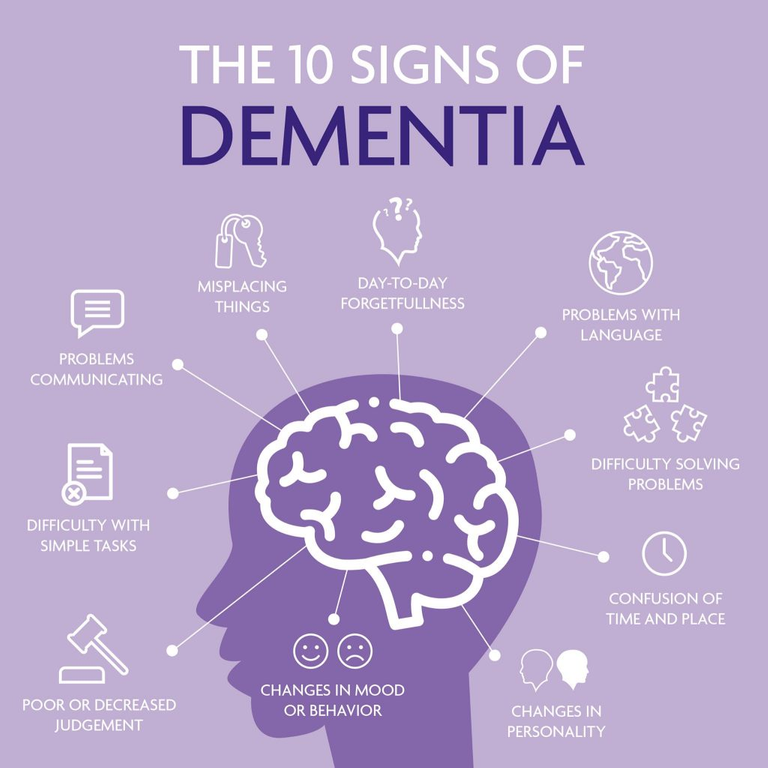Dementia: Causes, Symptoms, and Suggested Treatment
I know that must have heard of dementia, but do you know what it is? Dementia is a group of symptoms that affect a person's thinking, memory, and behavior. It's caused by damage to the brain, and it can make it hard for someone to perform everyday activities.
Regardless of age, anyone can be affected by dementia, but the most likely to be affected are older adults. Early signs of dementia can include problems with memory, language, and planning skills. If you or any of your related ones are experiencing any of the above-mentioned, it'll be advisable to seek medical attention immediately.
What Is Dementia?
Dementia is a general term used to describe a decline in mental ability severe enough to interfere with daily life. It's caused by a variety of diseases and injuries that damage the brain, and common symptoms include memory loss, confusion, changes in mood or personality, and problems with reasoning or planning.
Dementia can occur at any age, but it's most common in older adults. According to research, it's believed that around 50 percent of people over 85 years old have dementia. And while it's more common in women than men, the gap narrows as people get older.
Causes of Dementia
There are many things that can cause dementia and I'll be providing you with the common ones:
Alzheimer's disease: This is the most common type of dementia, accounting for about 60-80% of cases. It's a neurodegenerative disease that damages and kills brain cells.
Vascular dementia: This is caused by problems with the blood vessels in the brain, which can lead to a stroke. It's the second most common type of dementia, making up about 20-30% of cases.
Dementia with Lewy bodies: This type is caused by abnormal protein deposits in the brain, which disrupts the normal functioning of nerve cells. It's the third most common type, making up about 10-20% of cases.
Parkinson's disease dementia: This is a cognitive disorder that affects people who have Parkinson's disease. It makes up about 5-10% of all cases of dementia.
Mixed dementias: This is when someone has two or more types of dementia at the same time. It accounts for about 10-15% of all cases.
Symptoms of Dementia
Dementia affects people in different ways, so it's difficult to diagnose based on symptoms alone. However, some of the most common symptoms include memory loss, difficulty with language, problems with reasoning and judgment, and changes in mood and behavior.
Please remember that early diagnosis and treatment of dementia are very vital for managing dementia and preserving the quality of life. As I pointed out above if any of your relations are experiencing dementia, it will be important to seek medical attention.

Diagnosis and Treatment of Dementia
If you think you or a loved one may be showing signs of dementia, it's important to see a doctor as soon as possible before it could get out of hand. A variety of tests can be performed to rule out other conditions with similar symptoms, such as Alzheimer's disease, depression, or a thyroid problem.
Once a diagnosis of dementia is made, there is no specific treatment. What I mean is that treatment will focus on managing the symptoms and will be different for each person. Medications may be prescribed to help with specific symptoms, such as sleep problems, depression, or anxiety. There are also many non-medication treatments that can be helpful, such as cognitive behavioral therapy, support groups, and caregiver education and training.

Conclusion
If you're worried about memory loss or other symptoms of dementia, it's important to see a doctor immediately to determine the cause and also give you a better treatment. There is no one test for dementia, so a diagnosis will likely involve ruling out other conditions and taking a complete medical history.
Treatment for dementia depends on its cause. In some cases, dementia cannot be reversed. However, there are ways to manage the symptoms and slow the progression of the disease. These include medications, therapies, and lifestyle changes.
Sources>
https://www.mayoclinic.org/diseases-conditions/dementia/symptoms-causes/syc-20352013



Dementia is a very sad situation that can meet anyone wether young or old because the patient will find it very difficult to cope with life.
I had one patient who had dementia and he always forgets that he's naked after having his bath he only remembers when people around have already seen him and this always caused him embarrassment not just him even the family members.
Oh, sorry for him to be in that situation. I hope he's now better.
Thanks for your contribution to the STEMsocial community. Feel free to join us on discord to get to know the rest of us!
Please consider delegating to the @stemsocial account (85% of the curation rewards are returned).
You may also include @stemsocial as a beneficiary of the rewards of this post to get a stronger support.
Dementia is so confusing difficult to get a closed diagnostic sometimes about the causes
!1UP
You have received a 1UP from @gwajnberg!
@stem-curator, @vyb-curator, @pob-curator
And they will bring !PIZZA 🍕.
Learn more about our delegation service to earn daily rewards. Join the Cartel on Discord.
I gifted $PIZZA slices here:
@curation-cartel(2/20) tipped @apunawu (x1)
Learn more at https://hive.pizza!